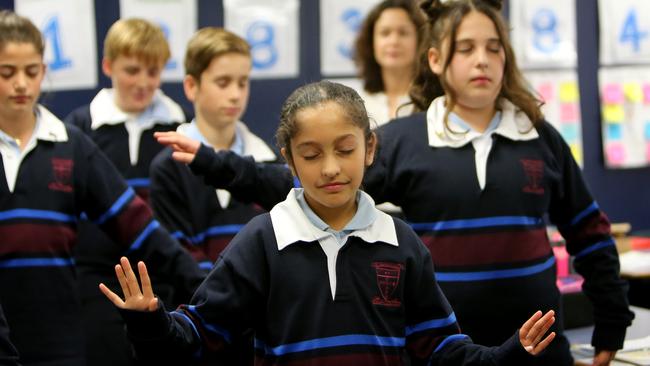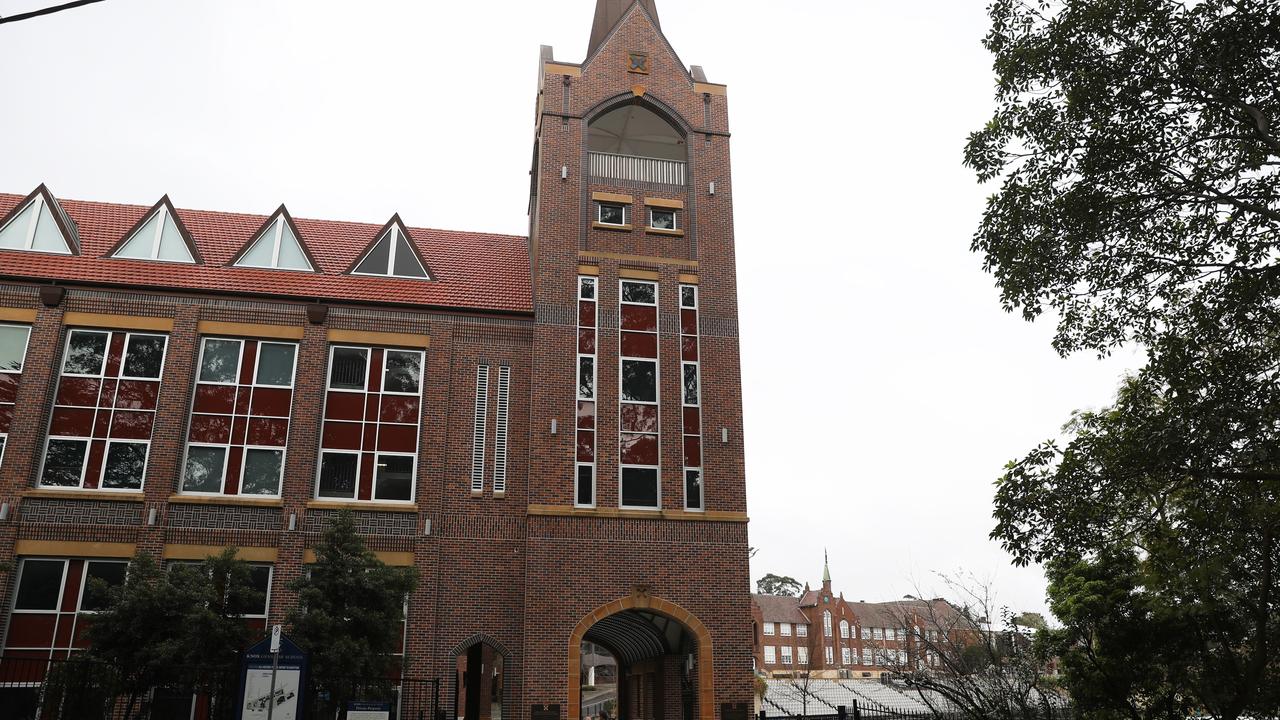Mindfulness makes its push into classrooms, via Gonski
Schools are being encouraged to implement mindfulness classes to assist students’ social and emotional development.

Schools are being encouraged to implement mindfulness classes to assist students’ social and emotional development, following the release of a dedicated program that aligns with the national curriculum.
The Mindfulness Curriculum, which has been endorsed as a classroom resource by the Victorian, Queensland and ACT education departments, contains 20 lessons designed to enhance students’ personal and social skills such as how to manage emotions, self-awareness, creativity, curiosity and empathy.
Developed by the not-for-profit group Smiling Mind, whose app has been downloaded more than 2.9 million times, the curriculum has been launched amid an escalating debate around the general-capabilities component of the national curriculum, following the release of the Gonski report into educational excellence this week.
The general capabilities, which include critical and creative thinking, personal and social capability, ethical understanding and intercultural understanding, along with student-centred, inquiry-based learning, have been promoted heavily in recent years, promising to assist young people to live and work in the 21st century.
And their status within the curriculum is set to be elevated further if the report’s recommendations are adopted, much to the dismay of proponents of a more traditional knowledge-based curriculum.
Smiling Minds chief executive Addie Wootten said there was a growing awareness of the importance of taking care of one’s mental health, not just for those with a mental illness but for everyone.
Dr Wootten said schools were reporting that as many as one in seven children were dealing with mental health problems and were looking for ways to incorporate mindfulness, which involves bringing one’s attention to the present moment, often through meditation.
“Mindfulness is a skill and the general evidence suggests that the earlier you start learning this skill, the greater impact it can have,” she said.
“It helps students develop the very skills that promote better mental health and school engagement, as well as ... better manage work-life challenges in the future.”
Aimed at primary school students, the program is developed by psychologists and educators and involves students being explicitly taught about a concept, followed by a meditation exercise and then a class discussion.
Along with breathing exercises, activities include eating a jelly bean slowly to learn how to savour, watching a snow globe to aid attention, and taking nature walks, for gratefulness.
Michelle Moore, principal of St Joseph’s Primary School in Malvern, said mindfulness practice was having a significant effect on her students.
“It does make a real difference,” she said.
“A lot of the research around student wellbeing suggests that the link between the social and the emotional and learning is very clear. Kids can’t flourish academically if they’ve got a stressed and anxious brain.”
Ms Moore said she was aware of conflicting views and believed that social and emotional skills, just like literacy and numeracy, were best taught explicitly.


